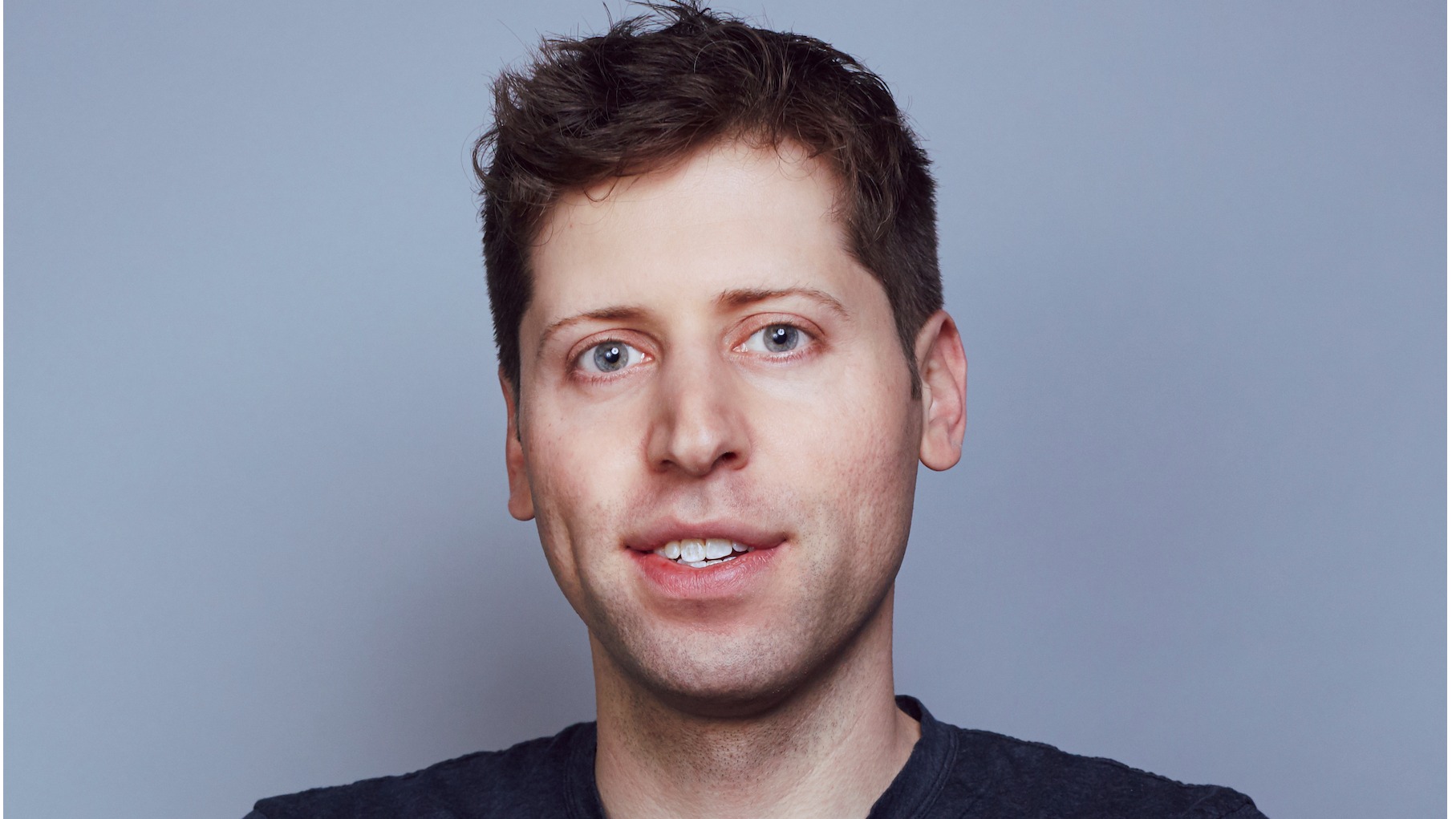Over the course of a rollercoaster 48 hours in Silicon Valley, Sam Altman was fired as chief executive officer at ChatGPT company OpenAI and has been hired to oversee a new advanced artificial intelligence (AI) research team at Microsoft.
Altman, one of three co-founders of OpenAI, was suddenly fired on Friday. Little reason was given, with a blog post stating: “Mr. Altman’s departure follows a deliberative review process by the board, which concluded that he was not consistently candid in his communications with the board, hindering its ability to exercise its responsibilities.
“The board no longer has confidence in his ability to continue leading OpenAI.”
It is unclear beyond the blog post what Altman was “not consistently candid” about, with Altman recently playing down rumours that he had discussed the prospect of creating the “iPhone of artificial intelligence” with former Apple designer Jony Ive.
The Information reports that staff were subsequently told on Sunday that Altman’s removal was the “only path” towards achieving the company’s goals of creating “broadly beneficial” AI.
The announcement from OpenAI also stated that co-founder and president Greg Brockman would be stepping down from his role as chairman of the board. However, hours after the announcement was made, Brockman stated on X, formerly Twitter, that he had quit the company as a result of the news.
The news came as a huge shock to the industry and figures inside the company who only found out the news when it was revealed publicly. Altman had emerged as the public face of OpenAI and was widely seen as one of the defining figures of the latest waves of AI. Days before being fired, Altman led the company’s keynote at its first-ever DevDay conference and spoke at the Asia-Pacific Economic Cooperation conference on behalf of the company.
Chief technology officer Mira Murati served as OpenAI’s interim chief exec for a brief period of hours, before the company announced the surprise hire of Twitch co-founder and former chief exec Emmett Shear as interim CEO late on Sunday.
Murati, who was aligned with Altman, reportedly over the weekend was working on a deal to bring Altman and Brockman back into the fold. A divided OpenAI board missed a 5pm PT deadline set by Altman to resign and reinstate both him and Brockman under threat of mass resignations from staff who remained loyal. A subsequent deadline was also missed 24 hours after Altman returned to the office on Sunday in a guest badge for the “first and last time,” with OpenAI’s four-person board refusing to step down and permit his return.
Following that final deadline Microsoft, which said over the weekend that it would continue to back OpenAI and honour its partnerships with the company, hired both Sam Altman and Greg Brockman to lead Microsoft’s new advanced AI research team.
Microsoft reportedly was keen to see Altman’s situation resolved before the markets opened on Monday.
In a statement, Microsoft chief executive officer Satya Nadella, said: “We’re extremely excited to share the news that Sam Altman and Greg Brockman, together with colleagues, will be joining Microsoft to lead a new advanced AI research team. We look forward to moving quickly to provide them with the resources needed for their success.”
The news was then reposted by Altman on X, along with the succinct message: “the mission continues”.
Microsoft last week announced the launch of its own custom AI chip that can be used to train large language models (LLMs) like ChatGPT, along with an Arm-based CPU for cloud workloads.
Latest News
-
MedTech data should represent entire population when training AI, says Department of Health director
-
ICO launches investigation into X’s Grok after reports of harmful sexualised imagery
-
OpenAI seeks chip alternatives as Nvidia's $100bn investment stalls over performance concerns
-
SpaceX acquires xAI in $1.25tn merger ahead of planned stock market flotation
-
Starling Bank turns to software sales to fuel US expansion
-
Snapchat bans 415,000 under-16 accounts in Australia
The future-ready CFO: Driving strategic growth and innovation
This National Technology News webinar sponsored by Sage will explore how CFOs can leverage their unique blend of financial acumen, technological savvy, and strategic mindset to foster cross-functional collaboration and shape overall company direction. Attendees will gain insights into breaking down operational silos, aligning goals across departments like IT, operations, HR, and marketing, and utilising technology to enable real-time data sharing and visibility.
The corporate roadmap to payment excellence: Keeping pace with emerging trends to maximise growth opportunities
In today's rapidly evolving finance and accounting landscape, one of the biggest challenges organisations face is attracting and retaining top talent. As automation and AI revolutionise the profession, finance teams require new skillsets centred on analysis, collaboration, and strategic thinking to drive sustainable competitive advantage.
© 2019 Perspective Publishing Privacy & Cookies



.jpg)





Recent Stories